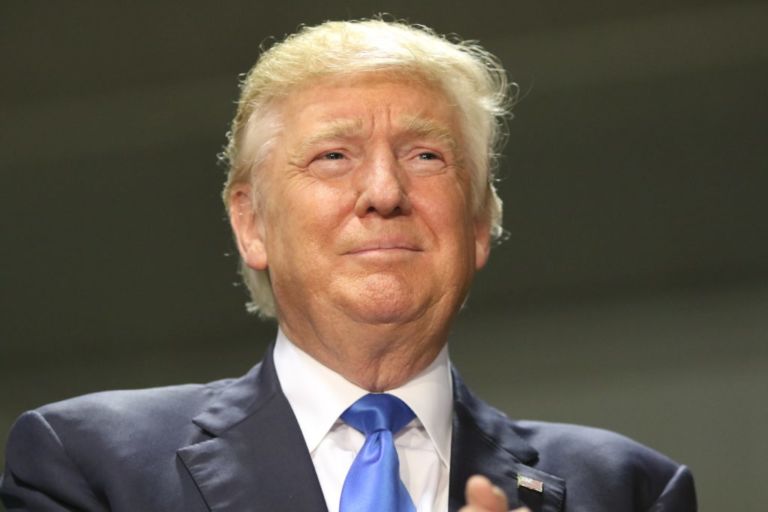Michael Brendan Dougherty writes for National Review Online about bad news for traditional, pre-Trump Republican candidates.
At the Bulwark, Sarah Longwell argues that one of the clearest results of her many focus groups of Republican voters is that they don’t want to turn the clock back to the time before Donald Trump. She writes, “The Republican party has been irretrievably altered and, as one GOP voter put it succinctly, ‘We’re never going back.’”
And this basically dooms candidates such as Mike Pence and Nikki Haley who are running as if the pre-Trump world still existed. She quotes voters who identify these candidates as “pre-2016” throwbacks, one voter saying of Haley: “She would just be right back to the Paul Ryan, John Boehner kind of a thing. That’s a no-go for me.”
Longwell ends ominously with the warning that the next election cycle will dispel any notion of a return to the pre-Trump party. “The question, then, will be what AT [After Trump] Republican politics evolves into once everyone in the Republican party understands that it is the future. The answer isn’t likely to be pretty.”
It’s a piece that interests me because I agree with Longwell that there is no coming back. But, it is also emblematic of a certain strain of rueful NeverTrump commentary. It never ventures beyond what has become the Bulwark’s enduring thesis of American politics: Republican voters are deplorables after all.
Longwell never stops to consider one obvious self-interested reason Republicans would not want to go back to the pre-Trump party, which is that Donald Trump, despite driving a historic turnout against himself in 2020, never took the party to the depths it experienced under George W. Bush in 2006 and 2008.
Consider the position of a conservative voter who trusted the pre-Trump leadership of the party in the decade before Trump. George W. Bush had run for reelection on his war record in Iraq and by turning out values voters to oppose same-sex marriage on state ballots. Once he secured his mandate, his two major desired pieces of legislation were a reform of Social Security he had barely campaigned on and a comprehensive immigration reform that promised amnesty in the present, increased immigration levels henceforward, and, sure, some enforcement at the border, maybe, eventually


